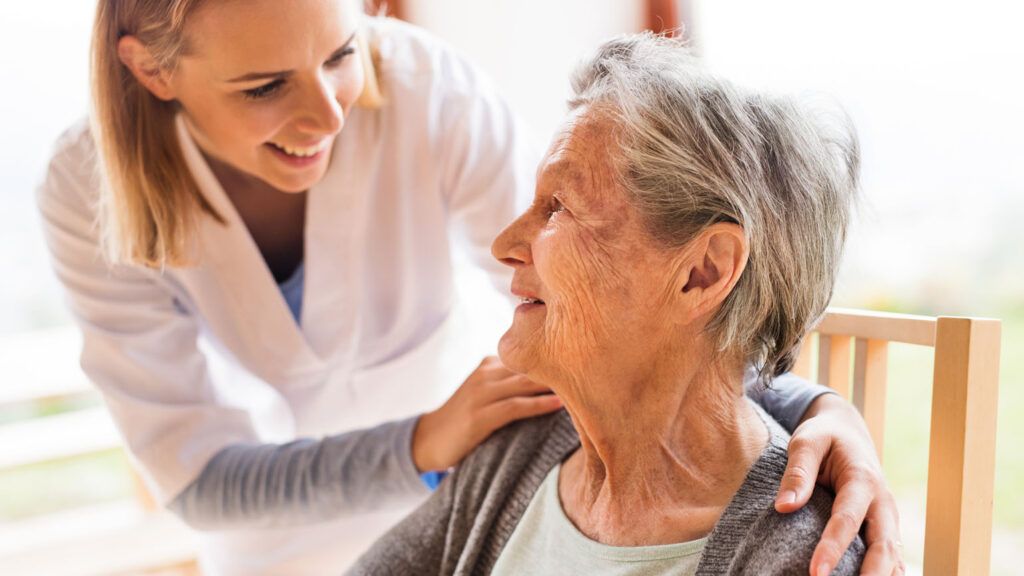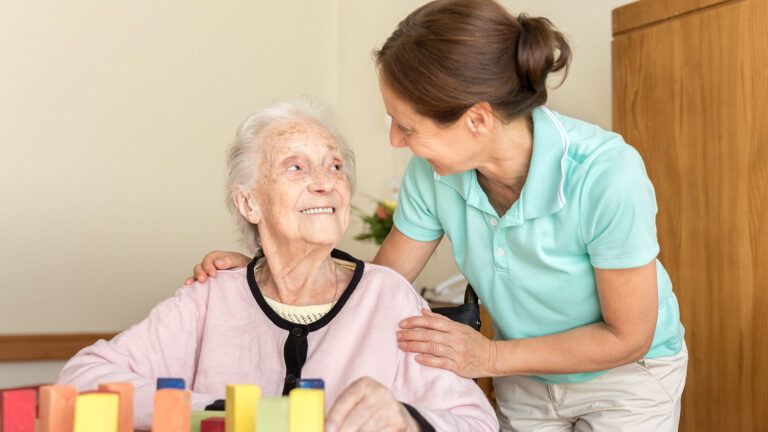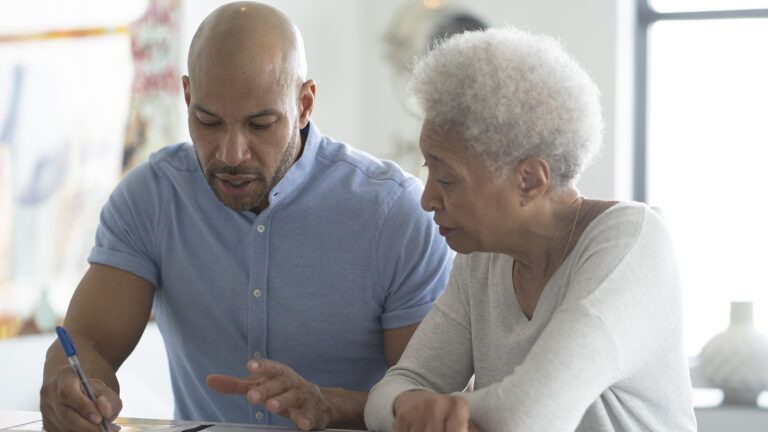The authors are staff at the Benjamin Rose Institute on Aging. Sarah Nicolay, BAis a Research Assistant. Farida Ejaz, PhD., is a Senior Research Scientist II. Courtney Reynolds, MSSA, is a Research Analyst. Jessica Bibbo, PhD., is a Research Scientist.
Ensuring the proper care of a loved one who is aging or has a disability is challenging, regardless of circumstances. When the person lives alone or has physical or cognitive decline, such as dementia, and thus is unable to care for him or herself, the challenge is far greater. If your loved one has such a health condition or is socially isolated, he or she may be at risk to self-neglect.
Understanding self-neglect
‘Self-neglect’ is a form of abuse that a person inflicts on oneself, either knowingly or unknowingly. The Administration for Community Living, defines it as the failure of an adult to provide him or herself with basic needs such as personal hygiene, food, shelter and medical care, which in turn threatens the person’s safety or health. The following signs indicate that your loved one may be self-neglecting:
- A lack of basic hygiene
- Failure to seek necessary medical care
- Malnourishment
- Going without heat, water or electricity in the home
- Living in an environment of extreme hoarding or clutter
According to research studies, about nine percent of older adults are victims of self-neglect. Self-neglect is the most commonly reported type of abuse to Adult Protective Services, making up 64 percent of all cases (Acker, et. al., 2018). Self-neglect has also been proven to increase a person’s risk for nursing home placement, premature death, increased hospitalization and increased use of emergency services (Dyer, C.B., & Reyes-Ortiz, C.A. (2017). Epidemiology of elder self-neglect. In X. Dong (Ed.), Elder abuse: Research, practice and policy(pp. 125-139). Cham, Switzerland: Springer International Publishing).
What steps should I take if I suspect my loved one is self-neglecting?
If you notice signs of self-neglect in your loved one, you can reach Adult Protective Services (APS) by phone to make a report. The National Adult Protective Services Association website will provide you with contact information for your state. After getting the report, an APS worker will investigate via a face-to-face interview with your loved one. The interview will include an assessment to determine whether self-neglect is actually taking place. The APS worker will offer referrals to community-based resources such as home care services, and may also seek the help of various professionals such as doctors, paramedics, firefighters and law enforcement officers to develop a care plan to keep your loved one in a safe environment.
APS workers are trained to respect the wishes of every individual. In most cases, your loved one will have the right to decline services. This is the case unless a judge has decided, after taking into account evidence presented by a licensed health care practitioner, that your loved one cannot legally make his or her own decisions.
Generally, an APS worker will refer clients to other agencies that can meet your loved one’s needs by providing access to services or necessities including:
- Home Care or In-Home Support to help with daily tasks
- Housing
- Food
- Clothing
A team from the Benjamin Rose Institute on Aging, led by Dr. Farida Ejaz, developed a training on abuse, neglect and exploitation for service providers and volunteers who work with older and disabled adults. Although an initial version of the training program is still being modified, findings from this initial version showed that the training helped to improve knowledge on abuse, neglect and exploitation for service providers. The hope is that by better understanding the warning signs of self-neglect, service providers will be able to offer greater support in monitoring your loved one’s wellness and identifying when he or she may be at risk.
If you have concerns that a loved one may be self-neglecting, the National Adult Protective Services Association has locations all across the United States with workers who are trained to help people who may be struggling. All calls are confidential, and you will be able to make a report anonymously, if you prefer. A number of states also offer a 24-hour hotline. For more information or to contact your local APS office, visit http://www.napsa-now.org/get-help/help-in-your-area/.






